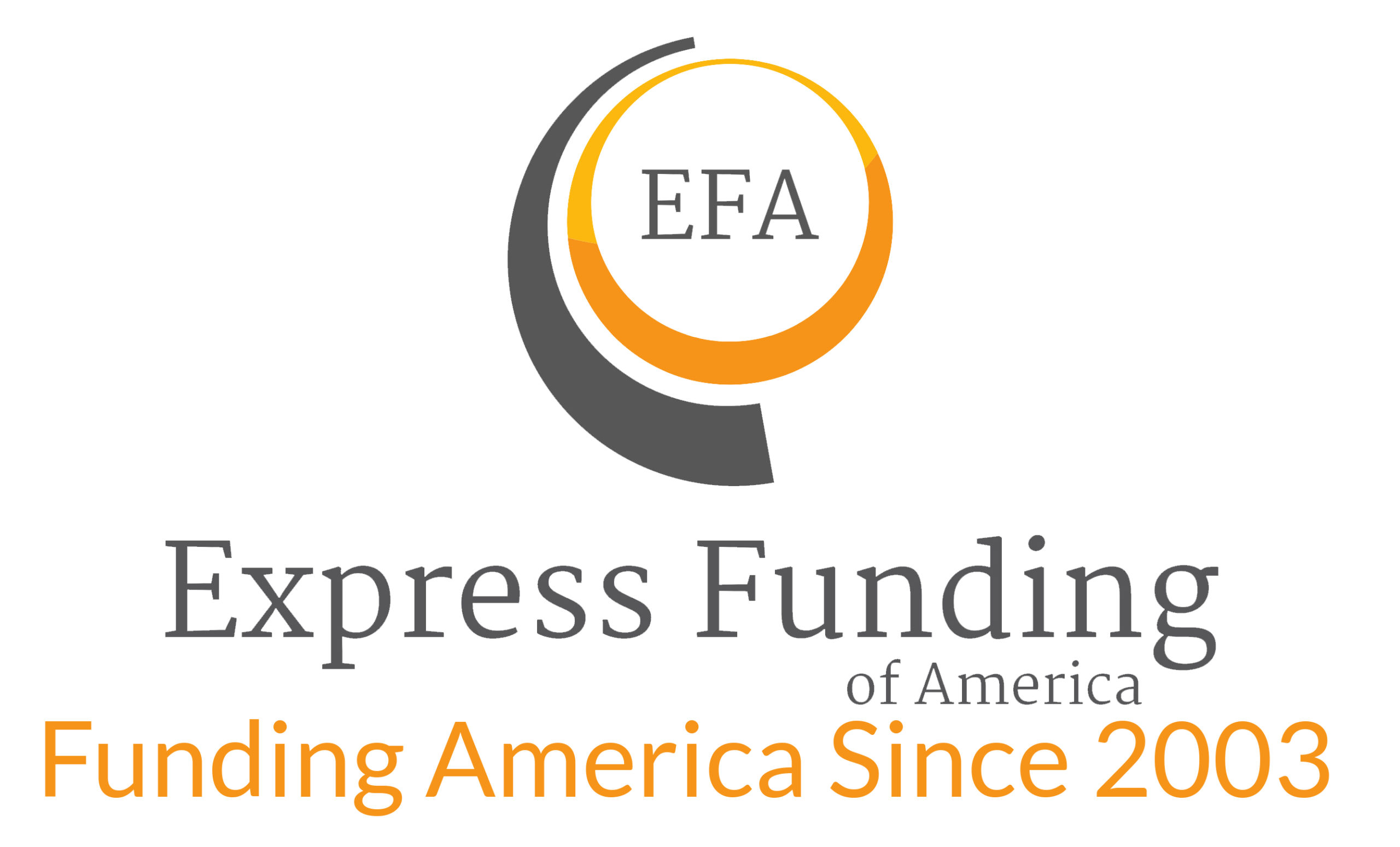Personal Injury
what are Punitive Damages in a Personal Injury Case?
Being known for the best legal funding Hoboken has to offer, Express Funding of America has been servicing the tri-state, as well as most of the East Coast for a number of years. All too often, when it comes to a personal injury case or claim, the hardest part, in the event that you have a relatively good case, which you and your lawyer can handily prove, is generally getting paid! The issues always begin to arise when its time to pay the bill – especially when it comes to the legal world! While a legal settlement can be agreed upon, and a victory in court, mandates payment form the defendant to the plaintiff, the payment can often take forever, as the defendant can claim some type of financial hardship or in some cases, they may even claim bankruptcy, absolving them of much of their bills and delaying your payments further and further. These payments are known as damages, and the fact that they take a while is the reason when it comes to litigation funding Hoboken experts at Express Funding provide clients with lump sums accounting for some percentage of what their total damages are expected to be. Sure, when they hear the term litigation funding Hoboken plaintiffs realize the money is to be used to pay for court fees and legal costs, however, this money can be used for quite a bit else. And in essence, has saved countless people from being late on their bills, being able to pay for surgery, other medical costs and a whole lot more. Damages are generally broken into different types, in previous articles while we have explored compensatory damages, today, we will be going over punitive damages and attempting to better educate clients on what these types of damages really are and what they might mean for you and your case.
Punitive Damages Within a Personal Injury Case
Within past articles we have discussed the more commonly known compensatory damages. These damages entail things like medical costs, lost wages, pain and suffering and much more – generally these are thought to be far more tangible of the two types of damages, as individuals can often show receipts for certain damages that are compensatory. They are made to compensate the victim for their losses. This is important when it comes to the best legal funding Hoboken plaintiffs can get, as they can use the funding money to pay these costs and things, and will only be required to reimburse the other side, in the event that they are deemed to have won the case or the two sides come to a financial agreement in order to pay the damages.
When it comes to punitive damages however, they are far different from compensatory damages. In cases where the defendant’s conduct is deemed particularly egregious or outrageously careless, a personal injury plaintiff may be awarded punitive damages on top of any compensatory damages award. Punitive damages stem from a rationale that is quite different from the justification tied to compensatory damages, which attempt to “make someone whole.” These of damages are not always awarded, therefore when an individual might seek litigation funding Hoboken experts at Express Funding generally will not take them into account, when deciding upon the amount to provide for funding.
Punitive damages are awarded to the injured plaintiff, but the real goal of these kinds of damages is to punish the defendant for its conduct—to “hit them in the pocketbook,” so to speak—and to act as a deterrent. Since it isn’t unusual for punitive damage awards to top tens of millions of dollars, most states have set some type of cap on punitive damage awards in personal injury cases. These types of damages are generally handed down in addition by the judge, as they might deem the defendants actions to be extremely negligent, or they may believe the defendant could have acted differently, and knowingly did the wrong thing in an effort to mock, additionally harm or antagonize the victim. For more information on all there is to know about damages, and legal funding, be sure to contact Express Funding today.
